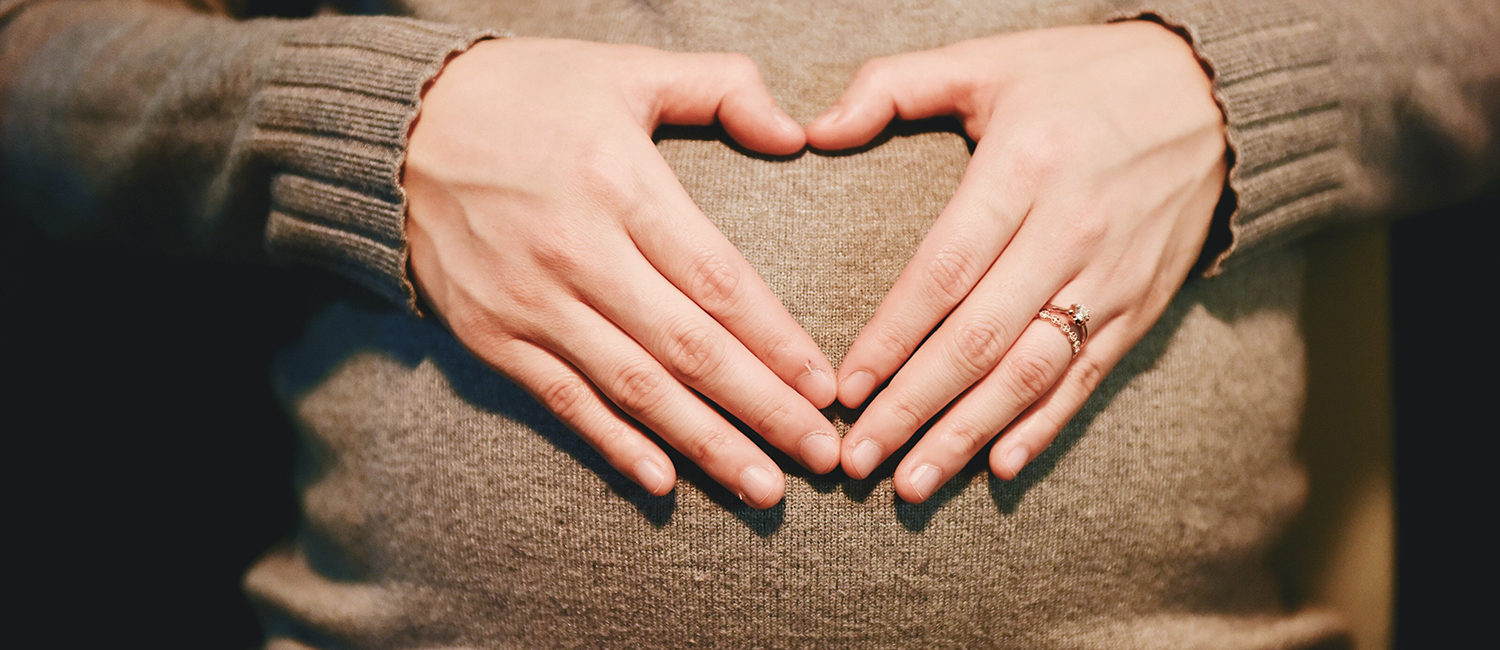 COVID-19 Vaccine and Pregnancy FAQ"
class="bg-img"
fetchpriority="high"
loading="eager"
decoding="async">
COVID-19 Vaccine and Pregnancy FAQ"
class="bg-img"
fetchpriority="high"
loading="eager"
decoding="async">
Written By: Women & Infants Fertility Center on February 3, 2021
Many of our patients trying to get pregnant or who are already have asked us if it is safe for mother and her baby for the woman to be vaccinated against COVID-19. Here is our answer, along with other related information.
The CDC recommends that anyone trying to get pregnant receive the COVID-19 vaccine as well as their partners. Professional societies such as ACOG and ASRM also recommend vaccination. Patients considering pregnancy should be vaccinated as soon as possible, and not wait until conception, gestation, delivery, or post-delivery.
Numerous studies have shown that pregnant women who contract COVID-19 are at increased risk for a severe illness that can lead to terrible consequences for the baby and mother. These complications include hospital admission for respiratory complications, preterm delivery, stillbirth, and death of the mother.
There is no evidence that the vaccine or antibodies made from vaccination impact fertility in women. Studies have been done in IVF patients that have shown that there is no impact on results of ovarian stimulation or pregnancy rates.
In addition, the COVID-19 vaccine does not impact sperm count or male fertility. Getting sick with COVID-19 disease, however, can cause a decrease in sperm counts for as long as 3 months. We recommend male partners also be vaccinated.
For otherwise healthy people in general, the COVID Task Force of the American Society for Reproductive Medicine does not recommend withholding the vaccine from patients who are planning to conceive, who are currently pregnant, or who are breastfeeding. Because the vaccine is not a live virus, there is no reason to delay pregnancy attempts due to vaccine administration or to defer treatment until receiving the second dose.
COVID-19 vaccination is now recommended for patients who are pregnant, recently pregnant or breastfeeding. Evidence is building that vaccination during pregnancy is safe and effective. In general, the mRNA vaccines (Pfizer-BioNTech or Moderna) are preferred.
There is now data to show that vaccination during pregnancy leads to antibodies that pass through the placenta that actually may protect the newborn baby.
Vaccine side effects are most commonly mild. Fever should it occur may be treated with acetaminophen. Although rare, some people have severe allergic reactions to the vaccines, but this has not been shown to be more frequent in pregnancy.
There is no evidence that vaccination against COVID-19 increases the risk of miscarriage in several recent studies.
To date, no published scientific research suggests that the coronavirus is transmissible from gametes (reproductive cells such as embryos, eggs and sperm) to an intended mother or a gestational carrier.
As always:
If at any time you have questions about COVID-19 symptoms or prevention, contact your healthcare provider.
For more information online, see advice on COVID-19 and the vaccine on the website of the American Society for Reproductive Medicine. Click here to schedule an appointment and learn more about the Women & Infants Fertility Center.
The content provided here is for general information only and should not be relied upon or used as a substitute for professional medical advice, diagnosis or treatment. Any reliance on this information is at the risk of each web site visitor. Always seek the advice of a physician or other qualified health provider with any questions regarding a medical condition.
Disclaimer: The content in this blog is for informational and educational purposes only and should not serve as medical advice, consultation, or diagnosis. If you have a medical concern, please consult your healthcare provider or seek immediate medical treatment.
Send Us A Message
90 Plain Street,
Providence, RI 02903
Copyright © 2026 Care New England Health System